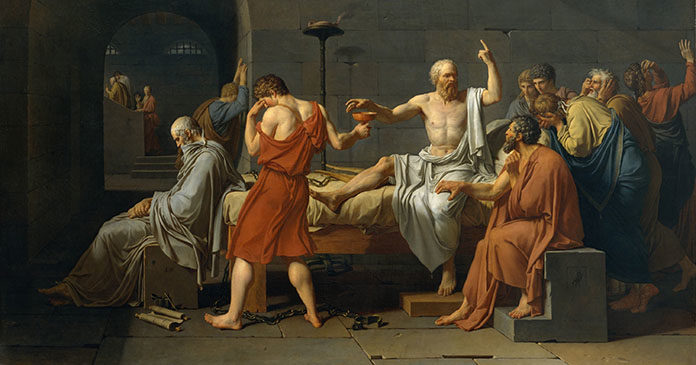
I’ll lace up my running shoes again tonight. Unlike most runners who start their day on the road, I finish my day in my Asics with my thoughts as my only companion. It’s a great way to relieve the stress of the day, and these days there’s no shortage of that.
While I know my running path intimately, let’s pretend for a moment that I need to measure the course in preparation for an upcoming race. There are many ways to do that, but let’s think about this another way to make a point.
It would be nonsense for me to take along a thermometer. That’s not the measurement I want. Nor would I take a tape measure. Far too limiting. In fact, if I took either of these, my needed five miles wouldn’t even register as existing as I tried to answer the question: if I run from point A to point B, how far did I run?
Silly example but it happens every day.
To a man who only owns a hammer, every problem looks like a nail. To the person informed by one set of data—the ensuing answer will always be constrained to that input. (See: Be Not Afraid of Data)
How do you make decisions? More precisely, what methods and spectrum of data do you invoke when solving a challenge?
How we measure is not just a business metric, but life at its core. The method by which you examine anything in life affects your result and ultimately your ability to guide future outcomes.
That means workhome, (now one thing if you read about Seth Mattison’s insights), essentially our very existence, is determined first by our tools of measurement. This begins with how we see the world, and hones in on the way we set about problem solving.
We live in a world brimming with examples of people making choices based on a limited range of detail and information—and the results range from mildly annoying to tragic to simply non-productive.
The unexamined life is not worth living, said Socrates as he faced his own mortal death, and indeed the unexamined anything is not worth much.
Limiting context, whether by discarding information or through a lack of curiosity, makes for a narrow existence and a poor result. The net outcome is the final grade of success or failure.
Prop 10 is prime example of poor net result (and lack of basic economics). Doug Bibby and his team at NMHC are fighting the good fight, which continues on the frontline of California. That election is just around the corner, but legislating rent control continues to crop up across the country.
Intellectual honesty begins with proper measurement and whole data. Poor decisions do not change truth, like gravity, which will always have the final say.














